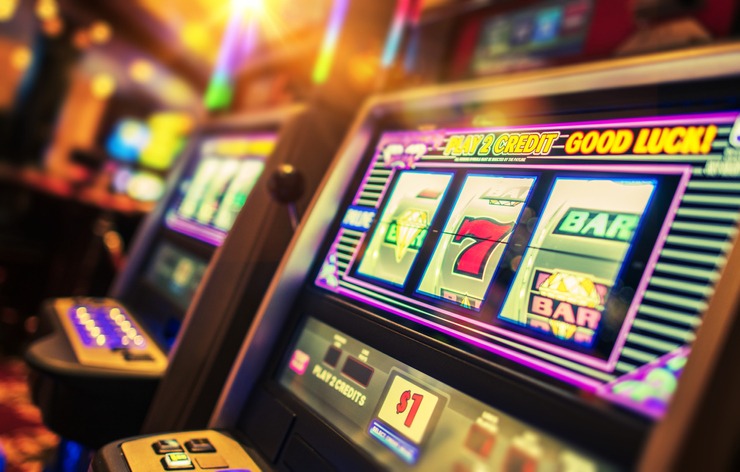On 19 February 2019, the Senate passed the Remote Gaming Act, which was published one morning later. The law will be changed to allow licenses to be issued for remote casual games. Nor do these reforms work. There will be two types of licensing of sports and casino gaming. In these two different categories, online lots are forbidden to be distributed and to be made on non-sports events (including long odds bingo pages), poker, casino gaming, system à computers like double play super bet, betting sports, swap betting, betting, live betting and bingo short odds. In principle, fantasy sports and e-sports will be allowed under the condition of providing virtual sports bets (with a random number generator and known as casino games).
1. Gambling policies
Gambling regulation is based on the lawfulness of unlawful offers, which may demand “channel.” Nonetheless, the use of monopolies by type was implemented to reduce competition among operators to avoid gambling services’ excessive consumption. Legislative texts indicate that revenue generation is a crucial driver before such games, e.g., sports. There will be no restricted number of remote gambling licenses, but rigorous regulatory requirements are used to satisfy the same regulatory objectives. This state-owned casino operator’s monopoly on casino gaming and privatization has also been dissolved. Another central line of change. However, following criticism from the Senate, the privatization project was revoked in May 2019. Gambling for export is not tested.
2. State and private sector control
At the moment, a mixture of state-owned and private companies operating side by side is living in the Dutch gambling ecosystem in its clearly-defined markets.
Room for private operators is found in the good causes lottery industries, the slot machine industry, and the horse-racing totalizer. Although private individuals (good causes lotteries) are nonincidental lucky game license holders, it is essential to note that private profit-making operators are prohibited. The output of private profit is limited to slot machine operators.
State-owned operators serve the majority of the licensed city. The 14 existing casino sites operated under the Nederlandse Loterij auspices by the Holland Casino and others are running state lotteries, sportive bets, lotteries, and instant lotteries (scratch cards). The Staatsloterij and Nederlandse Loterij were founded in April 2016 as presumed by de Lotto, such as the joker strike. De Lotto was a private non-profit foundation, and Staatsloterij is a public operator. This purchase and thus an expansion of game operators in the State contradicts earlier claims that it is not the State’s duty to provide gaming.
3. Territorial Dispute
The Gambling Authority is the sole body responsible for licensing gambling in the Netherlands. It also contains both accidental and proprietary gaming and slot machine operator’s licenses. According to local regulations, local municipalities can issue slots and restrict specific locations in their geographic areas (e.g., a cap on the total number of venues, opening times).
4. Offshore gambling
In other words, all illicit forms of gambling made available in the Netherlands are forbidden illegally. Regarding the contract’s legitimacy, it is irregular if these transactions come from inside or outside the Netherlands. Furthermore, it is irrelevant if the contract is or does not come from somewhere or inside or outside the EU or the EEA.
Initially, the Netherlands took action against Netherlands operators to establish a licensing scheme for remote casual games and canalize 80 percent of the domestic operations market. However, enforcement has been strengthened since late 2018.
A press release in the Gambling Authority’s strategy revealed a significant change in May 2017. The latest plan will be unveiled on 1 June 2017, some days later. The offering is still illegal under Dutch law, but only the possibility of prosecution reduces compliance with such conditions. Owing to legislative delays, the Remote Gaming Licensing System will be introduced by 2020. Therefore, the goals remain real.
